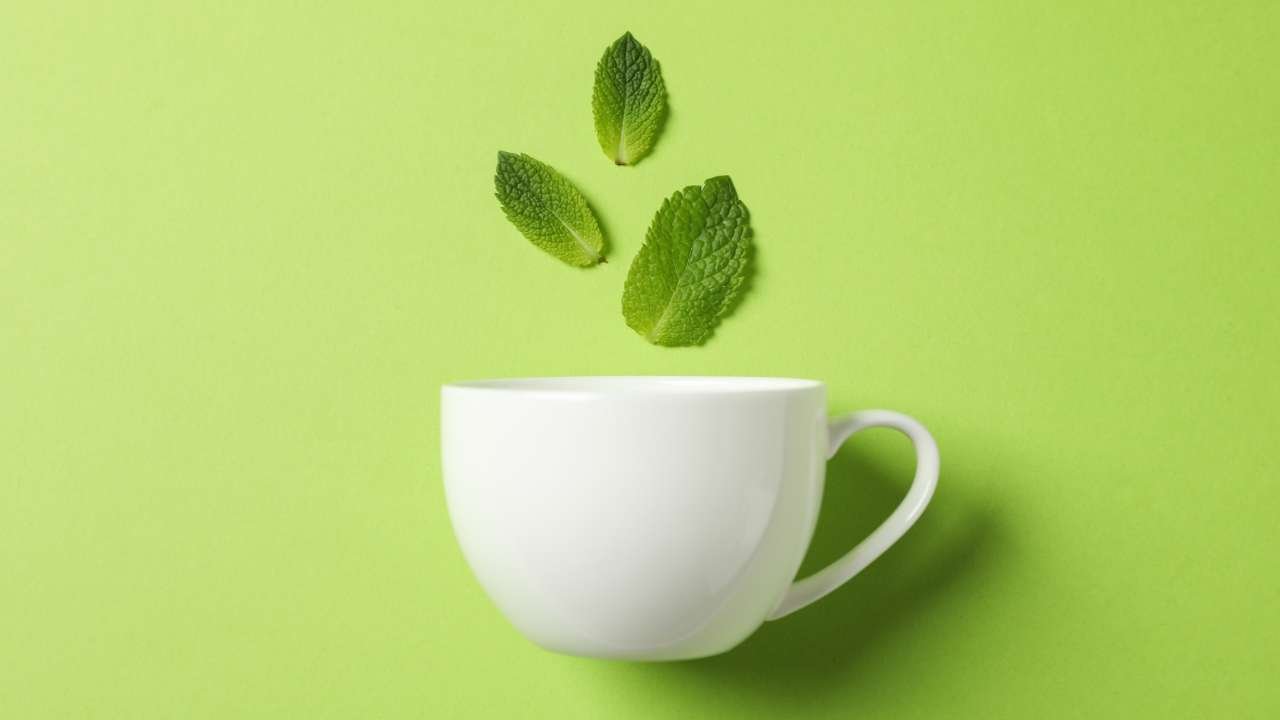With the hectic pace of our lives today, it’s easy to get stressed out and sleep-deprived – primarily if you work in an office or have kids! Luckily, stress and insomnia don’t have to ruin your life if you use herbs and teas to help get your body back on track again. These seven herbs and teas can be used by themselves or together to relax both your mind and body, easing you into a healthy sleep cycle every night.
Anti-stress and insomnia herbs
When we’re stressed, our sleep patterns can suffer as a result. And when you don’t get enough rest, it’s harder to stay calm and level-headed. A cup of chamomile tea or a drop of valerian tincture before bed will help settle your nerves so you can sleep.
1. Chamomile
If you’re dealing with stress, it’s important to kick back every so often. And what better way to relax than with a hot cup of chamomile tea? Chamomile is an herbal remedy for stress and anxiety. It has been shown to reduce cortisol levels, a hormone released in response to stress. Drinking chamomile tea can help induce relaxation and more restful sleep. Plus, it just tastes great! To make your brew at home: Steep one tablespoon of dried flowers in boiling water for about 10 minutes; then strain.
2. Lavender
Lavender has been shown to reduce blood pressure and heart rate, which helps you relax. It’s also a natural sedative, so it may help you sleep better. The recommended dosage is an ounce of lavender extract or two drops of lavender essential oil mixed with six ounces of warm water before bedtime. If using essential oils, be sure to avoid sensitive areas on your skin; some people may be allergic to them or find them irritating.
3. Melissa
Melissa officinalis is a perennial herb, commonly known as lemon balm, a member of the mint family. It can be used to create an infusion that can help with stress relief and sleep improvement. The active ingredient in lemon balm is found in its essential oil (Melissa officinalis), which has been shown to induce sedative effects. Lemon balm has also been shown to reduce anxiety and fatigue in mice by activating GABA receptors.
4. Passionflower
Scientific research has found that passionflower is an effective treatment for mild to moderate anxiety. It functions as a mild sedative to reduce physical symptoms of stress and insomnia such as muscle tension, shakiness, restlessness, irritability, headache, and nausea. The best part? This herb is not habit-forming.
5. Eschscholzia
Also known as California poppy, Eschscholzia is a flower that’s most often used in teas. The flavonoids found in Eschscholzia effectively lower stress, improve sleep quality, and reduce anxiety. Additionally, a 2004 study found that rats treated with non-toxic doses of Eschscholzia saw an increase in their natural melatonin levels, which means it could help promote sleep.
6. Linden
A natural remedy for insomnia, linden is a flowering shrub whose leaves have traditionally been used to relieve anxiety, tension, and nervousness. The active ingredients responsible for these effects are linalool (found in many flowers) and gamma-linolenic acid. Both of these components have an anti-spasmodic effect on muscles by relaxing them, which can relieve tension headaches as well as stiff or tense muscles in your back, neck, or jaw.
7. Mauve
A natural relaxant, mauve is used to treat insomnia by calming feelings of agitation and nervousness. Sip a cup before bedtime.
8. Hawthorn
Hawthorn is an effective herb for promoting relaxation without causing drowsiness. If you have high blood pressure, talk to your doctor before using it, as it may cause a drop in blood pressure. Hawthorn can be purchased in extract form or as a tea. Drink 1–2 cups of tea per day, or take 20–40 mg of an extract. Get more information about hawthorn supplements here.
Other natural remedies for insomnia
There are many different herbs, vitamins, and other natural remedies for insomnia. One study found that valerian was as effective as a prescription medication in treating mild-to-moderate insomnia. However, since everyone reacts differently to treatments, there is no one-size-fits-all cure. See which remedies work best for you. Many sleep specialists recommend trying a combination of approaches to maximize effectiveness.
